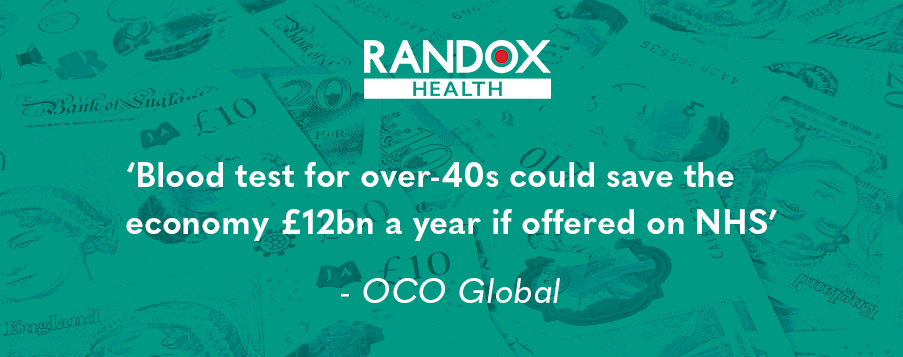05/08/2024
A blood test for over-40s which checks for 200 types of disease, including most common cancers, could save the economy £12 billion a year if it was adopted by the NHS, researchers claim.
The NHS currently offers health MOTs to patients aged 40 to 75. However, the five-yearly check is normally limited to blood pressure and cholesterol, along with height, weight and waist measurements.
Diagnostic firms sell private blood tests which can check for 200 types of disease, including most common cancers.
A report by OCO Global, an independent consultancy firm, says that if the NHS provided these more comprehensive health checks, problems would be detected far earlier, ultimately saving lives and money.
The research, which has been sent to Wes Streeting, the Health Secretary, says that, although each check would cost around £230 – a bill for the NHS of around £650 million a year – they would reap major rewards.
Modelling suggests that, after 16 years, the annual boost to the economy would amount to £11.7 billion – £1.83 billion in treatment costs, around £5.8 billion wider savings from health improvements, and an indirect benefit of £4 billion – based on the assumption that around half of people take up the tests.
The report was commissioned by Randox, the UK’s biggest diagnostics firm, which carried out millions of PCR tests during the Covid-19 pandemic.
It claims that the blood test’s 200 data points would enable far earlier diagnosis, similar to an approach in countries such as Japan and South Korea, where the checks are mandatory and linked to health insurance.
In Japan, which has the highest life expectancy of all G7 nations, such checks have seen a 25 per cent fall in diabetes rates, among those suffering from pre-diabetes.
The report highlights the intense pressures on the NHS, with waiting lists of more than seven million, and 185 million working days lost to sickness every year.
“For too long the UK has been behind the curve on health testing, with less testing carried out than any other developed country. This means that serious diseases are detected too late, with the consequence of more cost for the NHS, more suffering for the patient, and often premature death.” David Davis, former chairman of the Commons Public Accounts Committee
“Improving the health and prosperity of the nation is a lofty goal – and the report shows this initiative can more than pay for itself.” Dr Peter FitzGerald, Randox’s managing director
Words by Laura Donnelly, The Telegraph
Read full article here.



